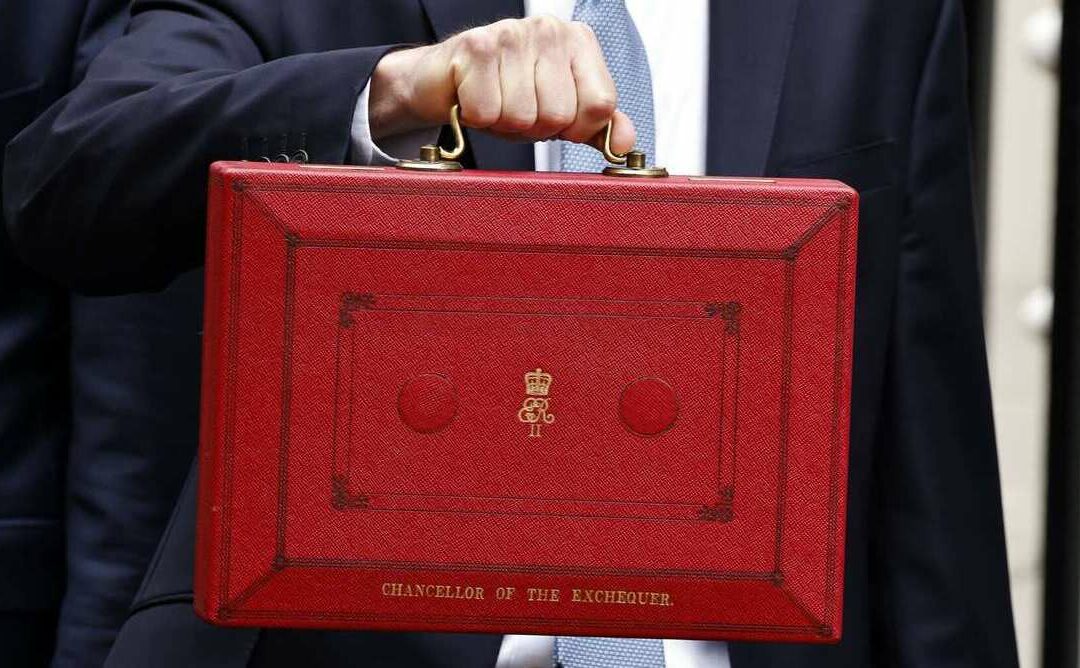Yesterday, Jeremy Hunt unveiled his budget after much anticipation of tax cuts in the run up to the next general election. According to the chancellor, The Budget aims for long-term growth by addressing inflation, taxation, savings, and public spending.
Significant changes include the abolition of the non-dom tax status, the introduction of a British ISA, and reductions in property capital gains tax.
It forecasts inflation falling below 2%, modest economic growth and commits to public service spending.
Furthermore, investments in healthcare, childcare, green industries, and tax relief for businesses and the arts balance family support with economic stability.
Key Points from yesterday’s Budget
Please find below some of the key announcements made yesterday covering:
- Non-dom tax status
- Savings
- National Insurance
- Property Tax
- Holiday Lets
- VAT
- Growth
- Child benefit
Let’s take you through each announcement at a glance. For more in-depth analysis, click on the link at the bottom of this article for insights from The BBC, The Guardian, and Sky News.
Non-Dom Tax Status
- Non-dom tax status to be eliminated in April 2025
- New system to be more modern, simple, and fair
- After four years, newcomers to pay the same taxes as UK residents
Related service: Wealth management for high net worth individuals
Savings
- Introduction of British ISA with £5,000 tax-free allowance
- Launch of British Savings Bond in April with a fixed, guaranteed rate for three years
National Insurance
- Reduction of contribution rate from 10% to 8% in April
- This follows a previous cut from 12% to 10%
- Estimated annual savings of £450 for those earning £35,000
Property tax
- Reduction of higher property capital gains tax rate from 28% to 24%
- Abolition of stamp duty relief for multiple dwelling purchases
Holiday lets
- Scrapping of furnished holiday let tax relief
- Expected to raise £300 million annually for the Treasury
VAT
- Increase in VAT registration threshold from £85,000 to £90,000 in April
- Aims to support tens of thousands of businesses
Growth
- The economy is expected to grow by 0.8% this year and 1.9% in 2025
- Growth forecasts for subsequent years show a slight decline but remain positive
Child benefit
- Reworking of child benefit to consider collective household income
- Increase in high-income tax charge threshold from £50,000 to £60,000
- Extension of the household support fund by six months
Other announcements in The Budget
The chancellor also made further announcements covering:
- Inflation
- Government borrowing
- Public services
- The NHS
- Vaping tax
- Alcohol and fuel duty
- Windfall tax and energy
- Pharmaceuticals
The Budget 2024 – summary
The Budget 2024 marks a shift towards fostering economic growth, with strategic tax adjustments and investment initiatives aimed at enhancing the UK’s financial health.
To summarise, key measures include reforming the non-dom tax status, incentivising savings through the British ISA and Savings Bond, reducing national insurance rates, and adjusting property taxes.
It also addresses the pressing need for affordable housing, supports businesses with VAT adjustments, and forecasts steady economic expansion.
Additionally, it underscores the commitment to public welfare through child benefit reforms, highlighting a comprehensive approach to nurturing a resilient and inclusive economy.
You can find out more information about the budget 2024 in the following articles:
The Guardian: Budget 2024: key points at a glance
The BBC: What does the Budget mean for you and your money?
Sky News: Budget 2024: See whether you win or lose
Need advice?
If you feel you need the advice of an experienced professional, talk to one of our independent financial advisers in Fareham or Lee-on-the-Solent, today!

